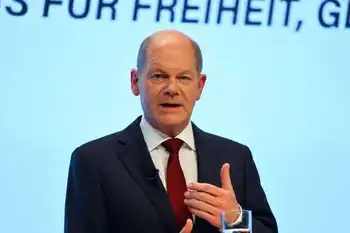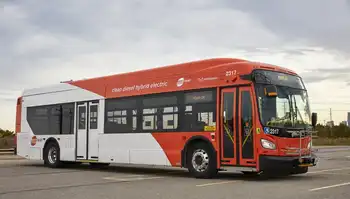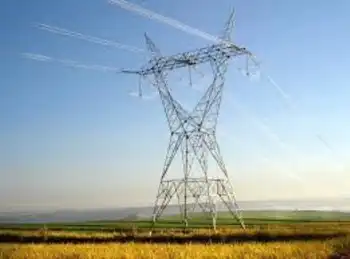Toyota launches new hybrid, Honda warms to EV
Looking a step beyond hybrids, the head of Honda Motor Co said he was considering launching electric vehicles in the United States, Europe and Japan, indicating a shift in the strategy of Japan's No.2 car maker for zero-emission cars.
Toyota, the world's largest automaker, said it aims to sell 36,000 units a year of its new Sai hybrid sedan in Japan, taking another step toward its goal of selling 1 million hybrid vehicles annually worldwide soon after 2010.
The Sai sedan, which goes on sale in Japan in December with a base price of 3.38 million yen (US$37,290), is the second hybrid-only model under the Toyota brand after the less expensive Prius, and is a repackaged version of the Lexus HS250h hybrid.
Toyota is still miles ahead of competitors in the fast-growing hybrid field, which has enjoyed tailwinds especially in Japan thanks to generous subsidies and reduced taxes on cleaner cars.
It expects to sell 500,000 to 600,000 hybrid vehicles globally this year, while facing a short-term battery supply bottleneck for anything further.
Honda, whose Insight hybrid is trailing far behind the Prius, has been aiming to leapfrog the competition in the next generation of zero-emission technology by focusing on the development of hydrogen fuel-cell cars.
But faced with slow progress in setting up hydrogen fuelling stations, Honda has been forced to take a closer look at plug-in electric cars, which it has until recently dismissed as a short-range option that uses too many expensive batteries.
Chief Executive Takanobu Ito, who had previously acknowledged Honda may need pure electric cars to meet tough regulations in California, told an industry seminar he would consider launching electric cars for Europe, Japan and other markets as well.
Toyota and Nissan Motor Co have announced plans to offer plug-in electric vehicles globally by 2012, while General Motors' Chevrolet Volt is expected to hit showrooms next year.
"There is no change to my view that hydrogen fuel-cell cars will in the end be proven the best," Ito said.
"(But) electric vehicles will also be a core option for cars in the future," he added.
Toyota's Sai has a listed mileage of 23 km/liter (54 mpg), or twice that of a comparable gasoline car, chief engineer Shigeru Nakagawa told a news conference.
Toyota said it had no plans to export the Sai, which will be built by unit Toyota Motor Kyushu in southern Japan and was derived from a Japanese character meaning talent and coloration.
Toyota also launched its brand in South Korea, a market dominated by Hyundai and affiliate Kia Motors Co, first with the Prius and Camry hybrids, as well as the RAV4 sports utility vehicle and non-hybrid version of the Camry, its most popular sedan.
Toyota expects to sell a combined 500 vehicles per month initially in South Korea, and aims to raise that to a still-modest 700 units beginning in 2010.
"The introduction of the Toyota brand into South Korea is aimed to meet the diversifying needs of consumers in this growing market," Toyota Executive Vice President Yukitoshi Funo told a news conference.
Hyundai has been grabbing market share globally from Toyota and other major automakers, winning over customers with its line of cheap, fuel-efficient models and catchy marketing campaigns.
In July, Hyundai launched its first hybrid in the South Korean market, a liquefied petroleum gas-electric vehicle, and is due to launch its first gasoline-electric hybrid, a version of the flagship Sonata, in the latter half of 2010.
Related News

Germany agrees 200 bln euro package to shield against surging energy prices
BERLIN - German Chancellor Olaf Scholz set out a 200 billion euro ($194 billion) "defensive shield", including a gas price brake and a cut in sales tax for the fuel, to protect companies and households from the impact of soaring energy prices.
Europe's biggest economy is trying to cope with surging gas and electricity costs caused largely by a collapse in Russian gas supplies to Europe, which Moscow has blamed on Western sanctions following its invasion of Ukraine in February.
3 minute readSeptember 29, 202211:35 AM PDTLast Updated 6 days ago
Germany agrees 200 bln euro package to shield against surging energy…




